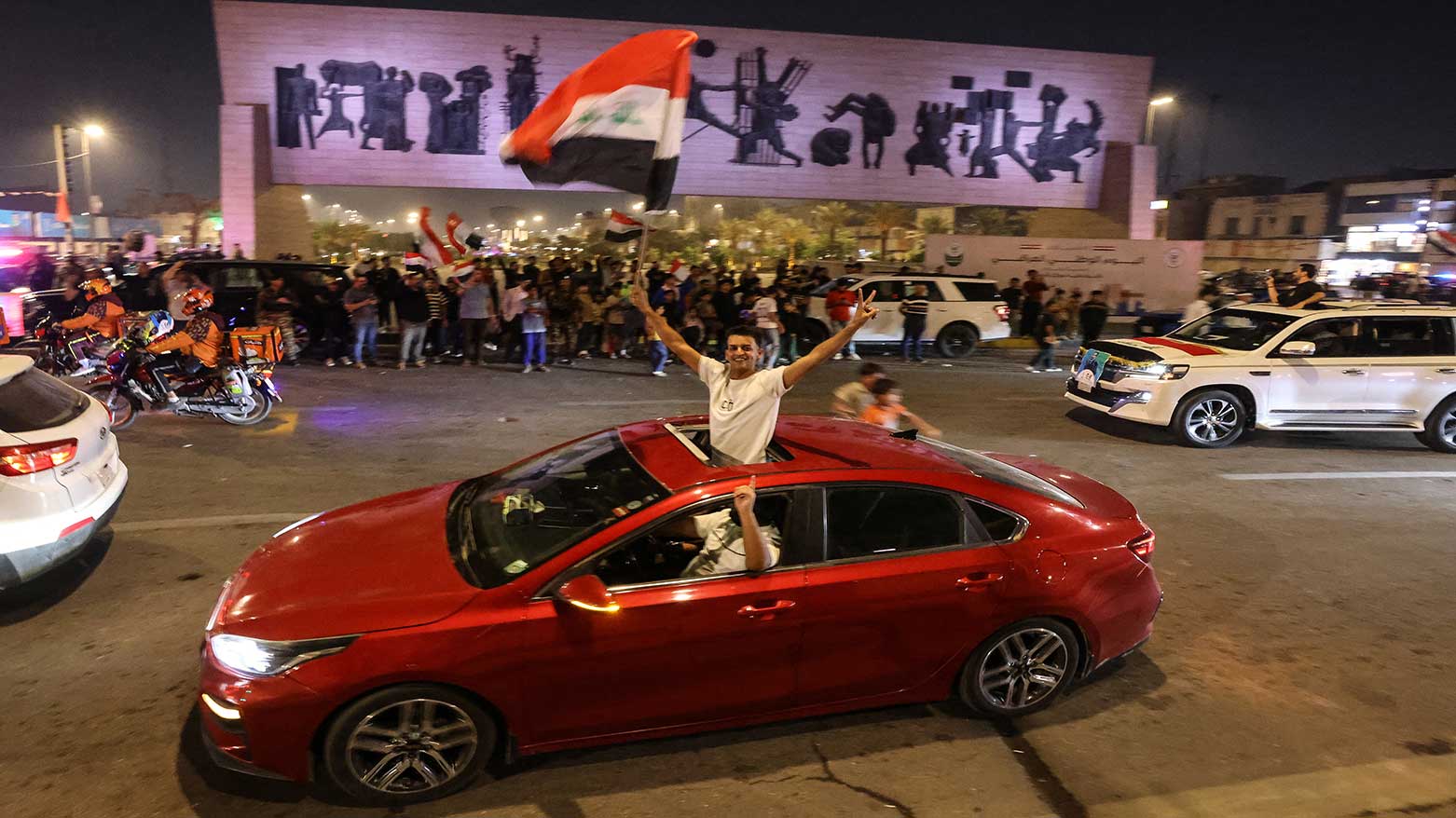Iraq’s Coordination Framework Claims Parliamentary Majority, Positioning Itself to Shape New Government
The Coordination Framework’s announcement signals not only its immediate political ascendancy but also a broader consolidation of Shiite dominance in Iraqi politics—continuing a trend that has defined the post-Saddam era.

ERBIL (Kurdistan24) — Iraq’s pro-Iran Coordination Framework on Monday declared it had secured the majority bloc in the newly elected parliament, setting the stage for a contentious government formation process that is likely to shape the country’s political trajectory for years to come. The announcement followed the release of official seat allocations on Monday by The Iraqi Independent High Electoral Commission (IHEC) from the November 11 election, which confirmed that Shiite parties allied with or close to Tehran had maintained—and in several cases expanded—their parliamentary presence in the 329-seat chamber.
The alliance, which unites several of Iraq’s most influential Shiite political and militia-linked factions, said its components had formally agreed to register as the largest bloc and would together nominate Iraq’s next prime minister.
“The Coordination Framework has signed off on forming the largest parliamentary bloc, which includes all of its entities,” the coalition said in a statement, adding that the bloc would take responsibility for selecting the next premier.
The move effectively replicates the post-2021 playbook, when the same coalition consolidated control and brought Mohammed Shia al-Sudani to power after months of deadlock. Sudani’s own electoral list performed strongly this year, winning 46 seats, a significant jump from its previous standing.
However, it remains unclear whether Sudani—who seeks a second term—has formally aligned his bloc with the Framework this time, leaving open the question of whether he will remain the coalition’s consensus candidate.
Shiite Factions Strengthen Their Grip
Several factions within the Coordination Framework delivered robust results, underscoring the endurance of Iran-aligned groups in Iraq’s political system.
- Nouri al-Maliki’s State of Law Coalition secured 29 seats, maintaining its position as one of the most influential actors in the parliament despite losing ground compared to the 37 it held in the previous parliament.
- Asaib Ahl al-Haq’s Al-Sadiqun list, led by Qais al-Khazali—designated by Washington as a terrorist group—won 27 seats, up sharply from 15, consolidating Khazali’s growing political influence.
- The Badr Organization, led by Hadi al-Ameri, one of the longest-standing pro-Iran factions, won 21 seats (16 in 2021).
- Ammar al-Hakim’s National State Forces Alliance, representing the moderate Shiite current, jumped from four to 18 seats, emerging as one of the biggest gainers.
- The Huquq list, linked to Kataeb Hezbollah, captured six seats, a modest increase.
Collectively, these results give the Framework enormous bargaining leverage as Iraq enters the negotiation phase, where the formation of the next government traditionally hinges on months of complex deal-making among Shiite, Sunni, and Kurdish blocs.
Sunni and Kurdish Parties Position Themselves for Negotiations
Among Sunni parties, Mohammed al-Halbussi’s Taqaddum (Progress) movement emerged as the dominant force with 27 seats, giving the Sunni camp a sizable but not unified negotiating position.
Halbussi’s future role—especially whether he will retain the influential speakership—will be a critical component of ongoing political horse-trading.
In the Kurdistan Region, the electoral balance between the two traditional rivals remained steady but showed some erosion.
- The Kurdistan Democratic Party (KDP) won 26 seats, down from 31.
- The Patriotic Union of Kurdistan (PUK) took 15 seats, slightly down from 17.
- The opposition New Generation Movement (NGM) saw its representation fall sharply from nine seats to three.
Given the distribution of seats, Kurdish parties are expected to play a decisive role in government formation negotiations, particularly over the presidency—an office traditionally reserved for a Kurd.
A Push for a Full Leadership Package Deal
Two Shiite party sources indicated to AFP that the Coordination Framework aims to negotiate a “full package deal” covering Iraq’s three top leadership roles: the prime minister (Shiite), parliamentary speaker (Sunni), and president (Kurd). Securing agreement on all three posts before parliament convenes in January would give the Framework a powerful advantage and potentially shorten what is often a protracted political process.
Under Iraq’s post-2003 power-sharing convention, the prime ministership always goes to a Shiite Muslim, while the parliamentary speakership is held by a Sunni Arab and the presidency by a Kurd. But the real contest lies in internal Shiite competition over the premiership and in the Sunni and Kurdish blocs’ ability to negotiate concessions in exchange for their support.
The Coordination Framework’s announcement signals not only its immediate political ascendancy but also a broader consolidation of Shiite dominance in Iraqi politics—continuing a trend that has defined the post-Saddam era.
With negotiations now underway, the coming weeks will reveal whether Sudani remains the preferred candidate for a second term or whether internal rivalries within the Framework produce a new contender.
Either way, Iraq appears on track for yet another complex government formation process—one that will test the cohesion of the Shiite alliance, the bargaining power of Sunni and Kurdish blocs, and Baghdad’s ability to forge political stability amid mounting regional pressures.